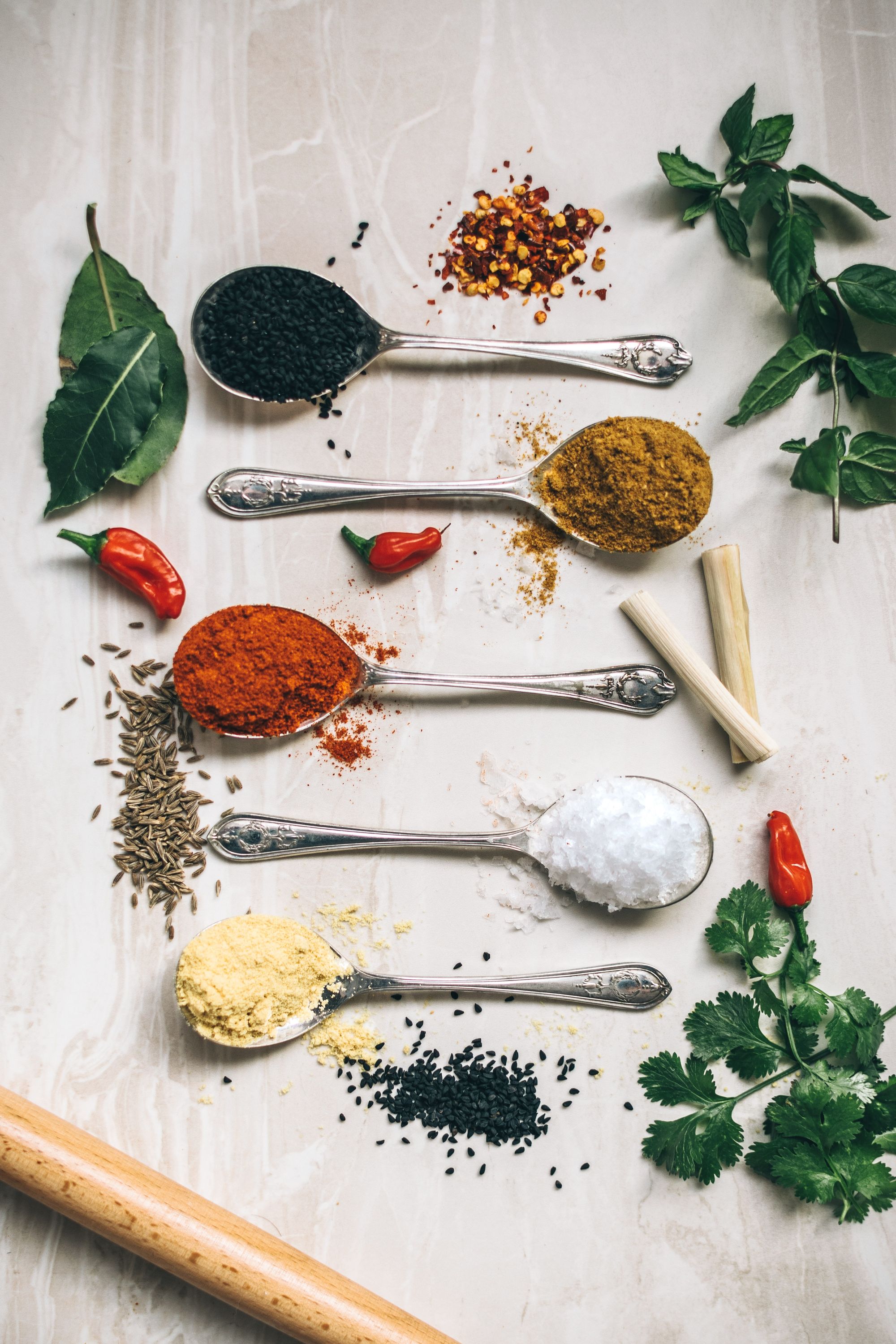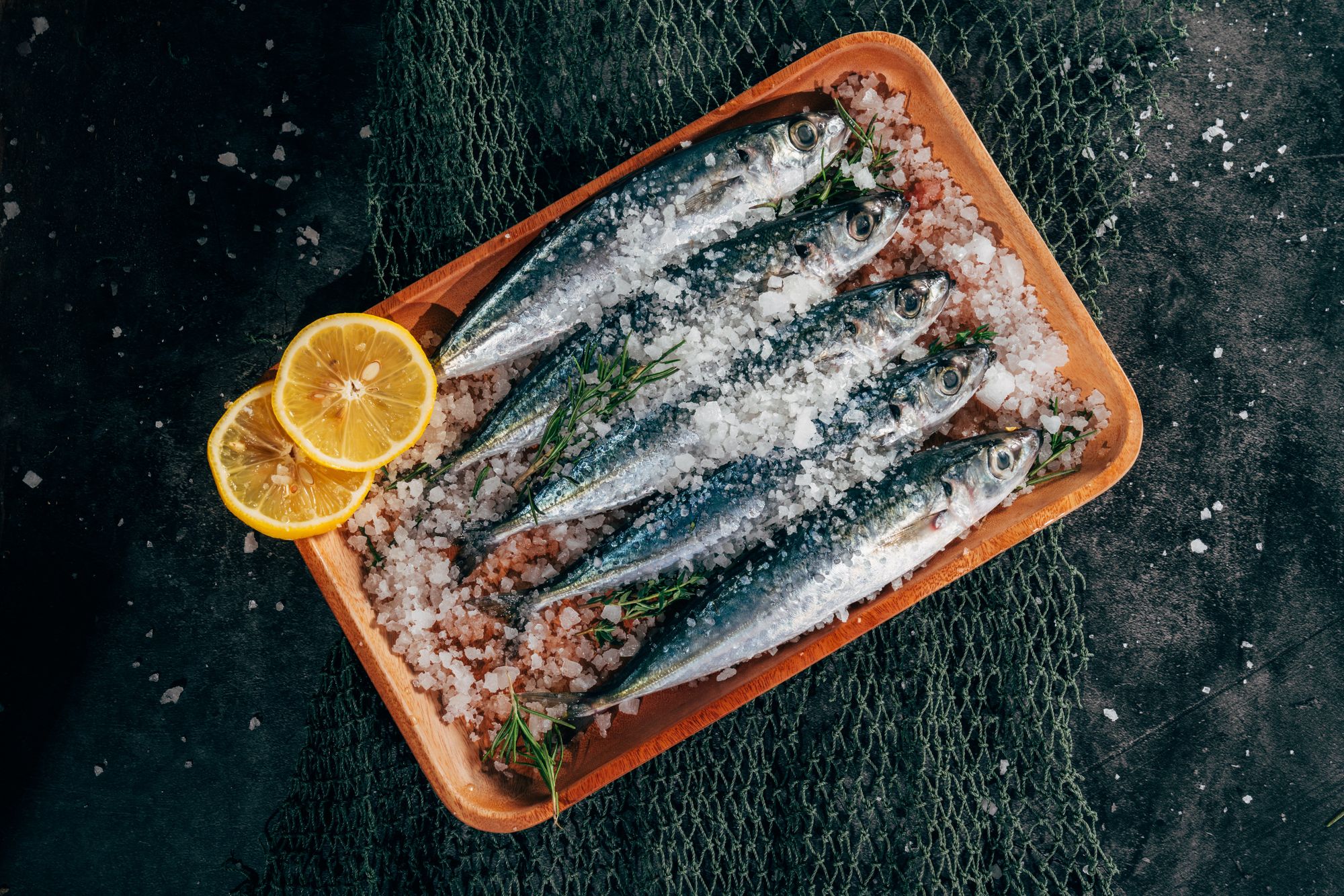
Melinda McDougall is a registered Medical Herbalist who is passionate about supporting women through menopause. She holds a Master of Science degree in herbal medicine and specialises in women’s health. She has analysed hundreds of research papers on herbal medicine and menopause to find out what really works and uses that knowledge in her busy clinic to help women find natural solutions to their health problems. She is Vice President of the National Institute of Medical Herbalists and collaborates with a publisher to commission books on herbal medicine.
How to Sail Through the menopause – with natural remedies
Sometimes it feels like the peri-menopause is a new thing that was invented to make our lives even more complicated than they already are. You’re in your 40s, or perhaps even younger, trying to make your way in the world, and suddenly your hormones start behaving in wild and unpredictable ways. Your cycle gets messed up, your bleeds become floods, you feel really ANGRY, can’t sleep, are anxious for no reason, and sometimes things seem black and you can’t stop crying. Maybe you’ve started getting unexplained migraines, or hot flushes and night sweats – but surely the menopause doesn't have to make you feel this bad?

Even though the word ‘menopause’ has been with us since the late 1800s, and observed as far back as Aristotle, ‘perimenopause’ is a recent definition – created in the 1980s for the purpose of defining women’s status in studies and clinical trials. Technically it refers to the time of biological change just before your periods stop for good, and one year after. But we have all come to commonly know it as the crazy run-up to menopause we all need to be on red alert for. Let me try and alleviate some of your anxiety.
A Balancing Act
The signals your body is sending you at this time are like little warning signs. Our bodies are changing, our lives are in flux - and it’s time to pay attention and really listen. We gloss over these signals at our peril. If you take the time to stop, observe, and do the work to bring your body back into balance at this point, you’re going to be in great shape for the exciting chapter of your life that comes next.
Everyone will have different symptoms, experience them for different lengths of time, and notice it beginning at different ages. On average it starts in your mid-40s but some women start experiencing symptoms in their late 30s.

What’s going on? If you look at a hormone graph for this phase of life, it looks like a small child has got out the crayons, creating a huge unpredictable scribble. Due to the numbers of egg follicles decreasing in our ovaries, follicle-stimulating hormone goes into overdrive in the pituitary gland (located in the brain) no longer opposed by the ovarian protein Inhibin B – which kept it in check until now.
This sends a signal to our ovaries to increase the amount of oestradiol (oestrogen) we are producing. The fluctuating oestrogen and progesterone levels we experience in perimenopause lead to flooding (menorrhagia), erratic cycles, insomnia and elevated symptoms of PMS like mood swings, anxiety and headaches.
What can you do about it?

To support women through this transitional time, I have developed a multi-faceted strategy that incorporates diet, exercise, de-stressing and some key herbs that can make a big difference to the way you’re feeling.
Eat More Oily Fish and Leafy Green Vegetables
Diet: cut right back on caffeine and alcohol as they are major triggers for flushes and sweats and you need to give your liver a lot of clearance to metabolise hormones. Stick to a low glycaemic diet – reduce your intake of sugar and white, processed carbs as blood sugar spikes can impact hormone balance. Increase water, green leafy vegetables, protein, and omega 3 foods such as oily fish and flaxseed.

Exercise: yes, you’re busy - but self-care becomes essential from now on in. Find an exercise you like doing – whether it’s swimming, Zumba or walking the dog. Build it into your schedule and make it a regular habit. Weight-bearing exercise such as circuit training or yoga is crucial for bone health as you age.
Time to Detox Your Life and Reduce Stress
De-stress your life: at this stage of the game, women have so much to juggle – from raising small children or teenagers to caring for the elderly, or coping with high-pressure jobs. What can you change to make your life less stressful? Spending less time with those that drain you is a good first step, as is saying ‘no’ and learning to have stronger boundaries. Counselling or coaching can also be useful to help give you the tools to rewire your mind.
Herbal Remedies for Menopause
Herbal medicine: there are a wide range of plants that I call on when treating menopausal symptoms. Every woman will have their own unique experience of the transition to a post-bleed world and each will require an individual herbal formulation. Here are a few of my favourite menopausal remedies – if self-treating, always choose high-quality herbs from reputable sources.

Hot flushes/night sweats: Sage, Black cohosh and Wild yam
Heavy bleeds: I recommend a tea of Lady’s Mantle, Shepherd’s Purse and Yarrow to help stem the flow – drink throughout your period
Erratic cycles: Chaste-tree berry – also known as Agnus castus
Stress + burnout: Adaptogens are an essential component of any menopause prescription – Ashwagandha, Rhodiola, Damiana, Siberian Ginseng
Anxiety + mood swings: Skullcap, St John’s Wort, Rose
Liver support: Milk Thistle, dandelion root – encourages healthy metabolism of hormones
Vaginal dryness: Shatavari; capsules of sea buckthorn oil
Brain fog: Gotu kola, Ginkgo
Insomnia: Valerian, Passionflower, Skullcap
PMS + Low libido: Maca root, also useful as a general hormonal tonic at menopause.
CASE STUDY
Insomnia + Hot Flushes
Laura is 51 and came to see me as she was suffering from menopausal symptoms including hot flushes (5-10 per day); occasional night sweats; increased anxiety levels; forgetfulness; joint aches and sleep disruption. She was able to get off to sleep but would wake constantly in the night with her mind whirring. She was unsure if she was still menstruating or not as she was using the Mirena coil. Laura had been through quite a stressful period caring for her mother who had been unwell and needed to be placed in care; she is on her feet 3 days a week working in a retail environment. She was otherwise healthy.
Swap Processed Carbohydrates for More Oily Fish
Her diet was generally good and she rarely consumed alcohol, although she did have a sweet tooth and I asked her to cut back on sugar intake, along with white, processed carbohydrates such as pasta and white rice. She reduced her caffeine consumption from 2 coffees per day to 1 and we boosted her intake of vegetables (especially green leafy vegetables) and salads along with omega 3 rich foods such as flaxseed and oily fish.
Calming Tinctures Before Bed
I gave her two herbal prescriptions to take – one to help her sleep and the other to be taken in the daytime. The sleep formula consisted of calming tinctures of Valerian, Passionflower and Skullcap and I asked her to take this one hour before bedtime.
Balancing Hormones and Reducing Stress with Black Cohosh and Rhodiola
The other formula was to be taken twice daily and consisted of tinctures of Rose, Lime flower, Gotu Kola, Black Cohosh, Rhodiola, Motherwort and Devil’s Claw. This formula is multi-layered and designed to balance hormones, reduce anxiety, improve cognitive function, provide adrenal support and stress relief, and reduce joint pain.
Feeling Fabulous with Better Sleep and Reduced Anxiety
I spoke with Laura a month later and she was very pleased with the results. She had taken on board the dietary suggestions and had cut back on caffeine and sugar, although there was still more work to do. Her hot flushes had reduced considerably – from 5-10 per day to just 5 in the last month and she had not had any night sweats. She felt much clearer and calmer and her anxiety levels had reduced so she felt more confident. Her joint stiffness and aches had also eased. Laura was especially pleased that she was starting to sleep through the night without disruption which meant that she now felt relaxed about going to bed rather than anxious. Four months later, she is still taking the daytime prescription and rarely needs her night prescription as her sleep quality and duration has markedly improved. She tells me that she ‘feels fabulous’.
For the best outcomes in symptom relief and a holistic reboot of your health, consult a medical herbalist who can prepare an individualised treatment plan for you. And remember, it might not be peri-menopause – thyroid and auto-immune conditions, or chronic stress could also be causing some of the symptoms. To find a herbalist near you, go to NIMH.org.uk.
For More Information about Medical Herbalist Melinda McDougall visit her website.
World Menopause Day October 18.






